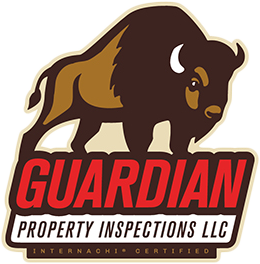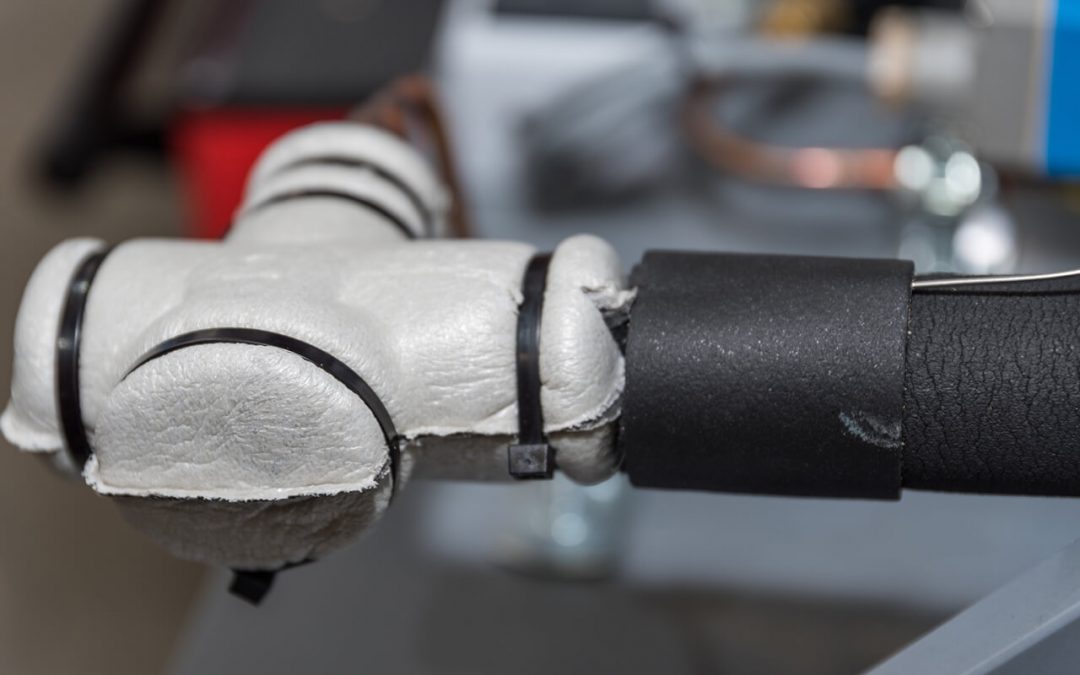Property damage caused by weather-related flooding can’t always be prevented, but there are steps you can take to prevent plumbing leaks at home. Understanding where your home’s most vulnerable points are and what you can do about them is a great place to start.
Why You Need to Prevent Plumbing Leaks at Home
There are two main types of plumbing leaks. Major leaks are easy to identify because of the water gushing into your home, but there are also minor leaks that may go overlooked for weeks or longer. Both of these can lead to wasted water and expensive property damage, yet many are preventable through a few easy steps. Here are some steps that you can take to prevent plumbing leaks at home.
1. Insulate the Crawl Space
Most homeowners know to insulate exposed pipes before cold winter weather arrives. An example of an exposed pipe is the spigot for your water hose. However, overlooking the pipes in the crawl space is easy to do. Crawl spaces are not typically insulated or climate-controlled, so freezing outdoor temperatures can result in frozen pipes. It’s a good idea to insulate your crawl space or wrap each exposed pipe with foam insulation.
2. Service the Water Heater Regularly
Water heater leaks are common and many can be prevented with regular service from a plumber. When a plumber flushes the tank annually, he or she will also check the hoses and connections for signs of wear. Any developing issues can be addressed by a professional before causing water damage to the home. Similar preventive maintenance plumbing service is available for tankless water heaters.
3. Connect a Water Sensor to Your Washing Machine
Washing machines are another common cause of water leaks in the home. Your home’s interior pipes are connected to the washing machine through valves and hoses, and damage can occur in either of these components. Adding an electric moisture sensor to the washing machine will keep your laundry room from flooding if the washing machine malfunctions. This sensor shuts off the washing machine if moisture is detected to prevent water from spilling into the home.
4. Inspect Kitchen and Bathroom Sink Pipes
The exposed pipes underneath the kitchen and bathroom sinks can develop small leaks. You may not notice a small amount of moisture dripping from these pipes unless you touch the pipe or feel a damp area below them.
Besides inspecting these pipes for moisture, consider replacing the seals around the joints and connectors periodically to prevent plumbing leaks at home. Also, open the cabinets on freezing nights to let the warm air from the house reach the pipes. This can keep them from freezing.
Residential plumbing leaks are an ongoing risk for any homeowner. They can result in serious water damage and mold growth. Some plumbing leaks and related property damages cost thousands of dollars or more to repair. Now that you understand how to effectively prevent plumbing leaks at home, you can reduce your risk of leaks.
Guardian Property Inspections provides home inspection services to Central and East-Central Wyoming. Contact us to schedule our services.

